By Denise Bennett
Your role is critical. Thankfully, you are capable.
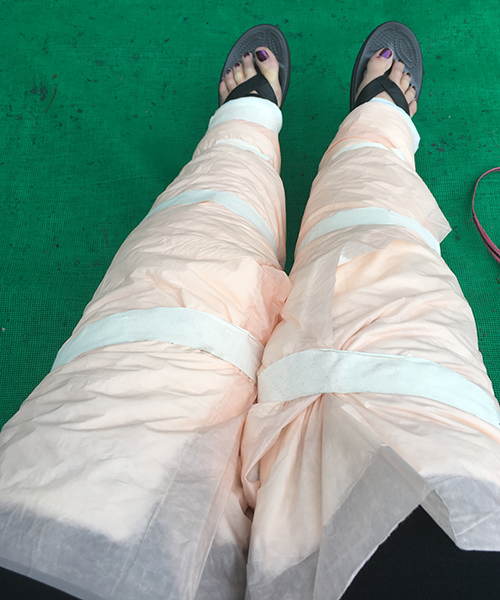 You have a very important role in caring for a post-surgical loved one or friend. She will probably think that she is much more or much less capable than she really is, and your responsibility is to be the one who has your feet firmly grounded in reality.
You have a very important role in caring for a post-surgical loved one or friend. She will probably think that she is much more or much less capable than she really is, and your responsibility is to be the one who has your feet firmly grounded in reality.
Recently, I asked my spouse about her role as my caregiver after three separate surgeries for Lipedema. I asked her to talk to me about what she experienced, and what she would do differently if faced with this role again in the future. I expected her to talk about different supplies, or planning for different meals, or caregiving shortcuts, and all the details that I think are related to providing care. I was surprised that the conversation went in a completely different direction.
Our conversation was about the emotional journey of caregiving.
It turns out that all that other stuff is just details and that if prepared for in advance; seem to take care of themselves. If you have all the supplies you need, great, but quite honestly, in this day and age, you can order groceries, meals and first aid supplies through an online buying app such as Instacart or Shipt and have whatever was missed or forgotten delivered to you within hours.
There is not an app that can prepare you for the emotional aspect of caregiving. I spent many hours preparing for and anticipating my surgeries. I was armed with lots of information, both medical and experiential from other women who had gone before me. I didn’t realize that the hours I had spent reading Facebook posts and blogs had prepared me for the emotional aspects of surgery and recovery while leaving the caregiver out there to hang in the unknown. She did not know what was normal or suspicious and therefore, was worried that she would not know how to handle any situation that could arise. Thankfully in my case, there weren’t any real surprises. Yes, I was shivering, and yes, I almost passed out in the shower one morning, but these were easily explained and within the norm of post- surgical expectations; nothing a blanket, a glass of orange juice and lying down couldn’t fix.
As caregiver, you have your own set of emotions. The feeling of responsibility to recognize if “things are headed south” and the presence of mind to know how to handle your “patient” when they seem to think they are perfectly fine, even though you have reason to believe otherwise. These situations can be precarious and nerve-wracking.
One daughter caregiver struggled to see her mother in pain, sleeping endlessly, waking to ask the same things over and over again. She was worried that this wasn’t normal, and experienced her own level of trauma while hurting her mom while helping to get her compression garments on. She wanted to say, “don’t wear them today” just so she wouldn’t have to see her mom cry as she put them on her tender post-liposuction legs. But, she mustered up the internal strength to encourage her mom through those rough moments.
Perhaps you are concerned that you won’t recognize a medical emergency or know what to do if one arises. Maybe you are feeling overwhelmed by the emotional rollercoaster associated with any life-changing event. Possibly this is the first time you have had to assume the role of caregiver and your head is swimming with thoughts of perfection or failure. Feasibly, it could be that you are apprehensive about the entire surgical decision and you are just being supportive of a decision that you are not in favor of. Or maybe you are afraid of the outcome or potential aftermath if the surgical results are a disappointment to your spouse, mother, daughter or friend. Perchance, you are overwhelmed at the possibility of having to pick up the emotional pieces. Stop.
The truth is it doesn’t matter. What? Yes, it doesn’t matter. You are responsible for taking one day at a time. Just one day. All that really matters in the first days after surgery is that the person you are caring for doesn’t drive; takes short walks; drinks plenty of fluids; eats; makes it to her follow up appointment; and doesn’t sign any complicated legal documents. That is it. If you have any concerns about what is normal or if she has a fever, call the doctor for advice.
Aside from knowing where the closest hospital is, there is nothing else you can plan for. Take each day as it comes. Try to enjoy the moment. Record the funny things that happen, as she will probably not remember them. You’ll both have a good laugh about it all later.
The mother/daughter team I spoke of still laughs about how many times Mom woke up and asked, “What Dr. Byrd say?” Her daughter replied, “She said you did great. She removed a total of 12 liters.” Several hours later, she awoke again and asked, “What did Dr. Byrd say?” She replied again, “she says you did great. She removed a total of 12 liters.” More sleep and then upon awakening she asked her daughter, “What did Dr. Byrd say?” Her daughter replied, “Dr. Byrd said you are beautiful.” “Oh,” she said with a smile. “That was nice. I love her.”
Humor and laughter is the best medicine.
The day of my first surgery I apparently thought I could drive our RV. After stopping at the grocery store on our way back to our campsite, I supposedly insisted that I go into the store. After returning to the RV Park with Diet Mango Coke (it’s still in the refrigerator 10 months later), there were some navigational issues backing into our campsite. Allegedly, I attempted to hijack the keys and get into the driver’s seat. I don’t remember any of this.
Laugh a lot, and don’t let her drive!
© 2019 Lipedema Surgery Center. All rights reserved.


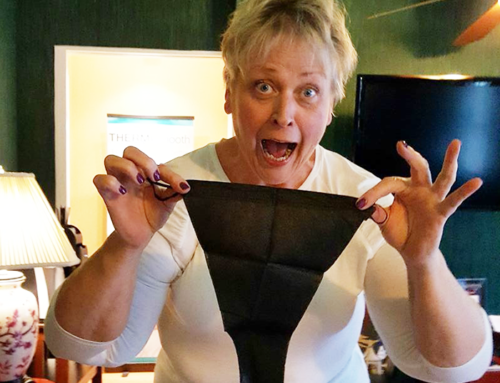
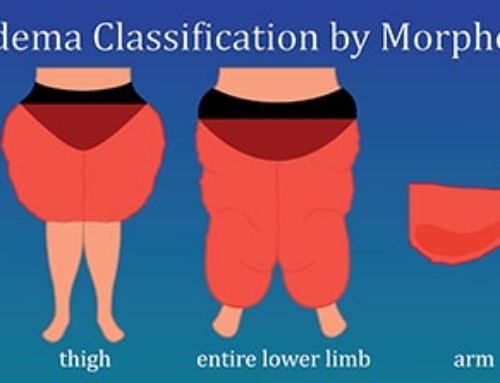

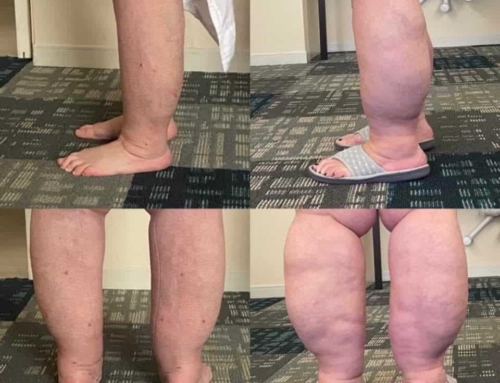
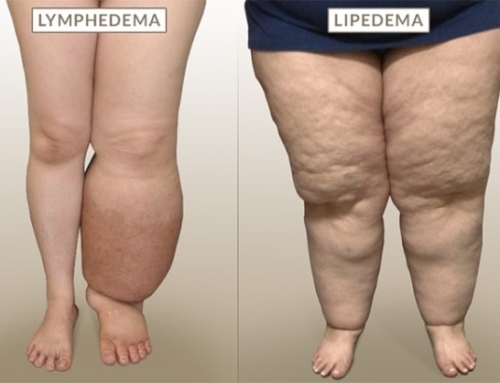
Leave A Comment
You must be logged in to post a comment.